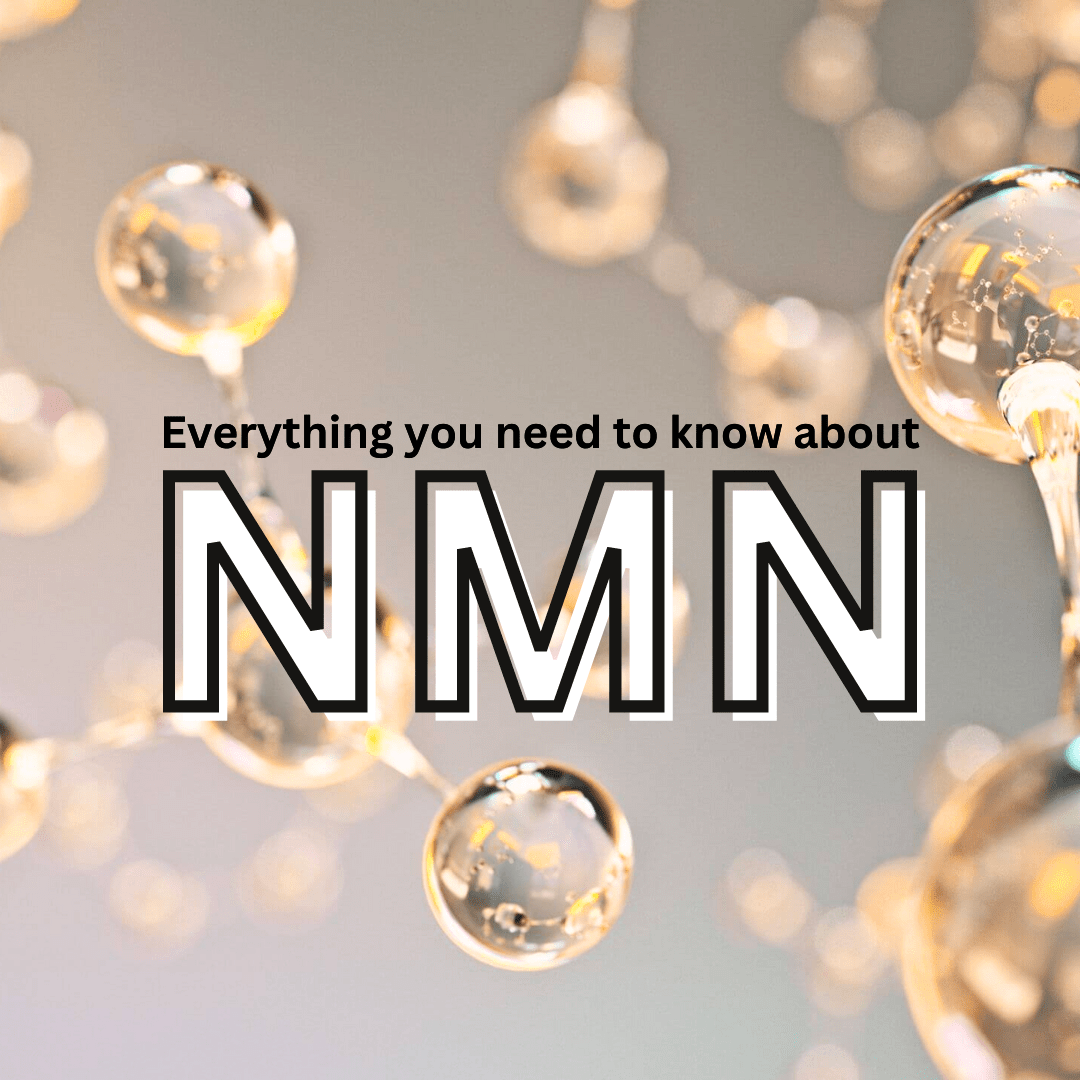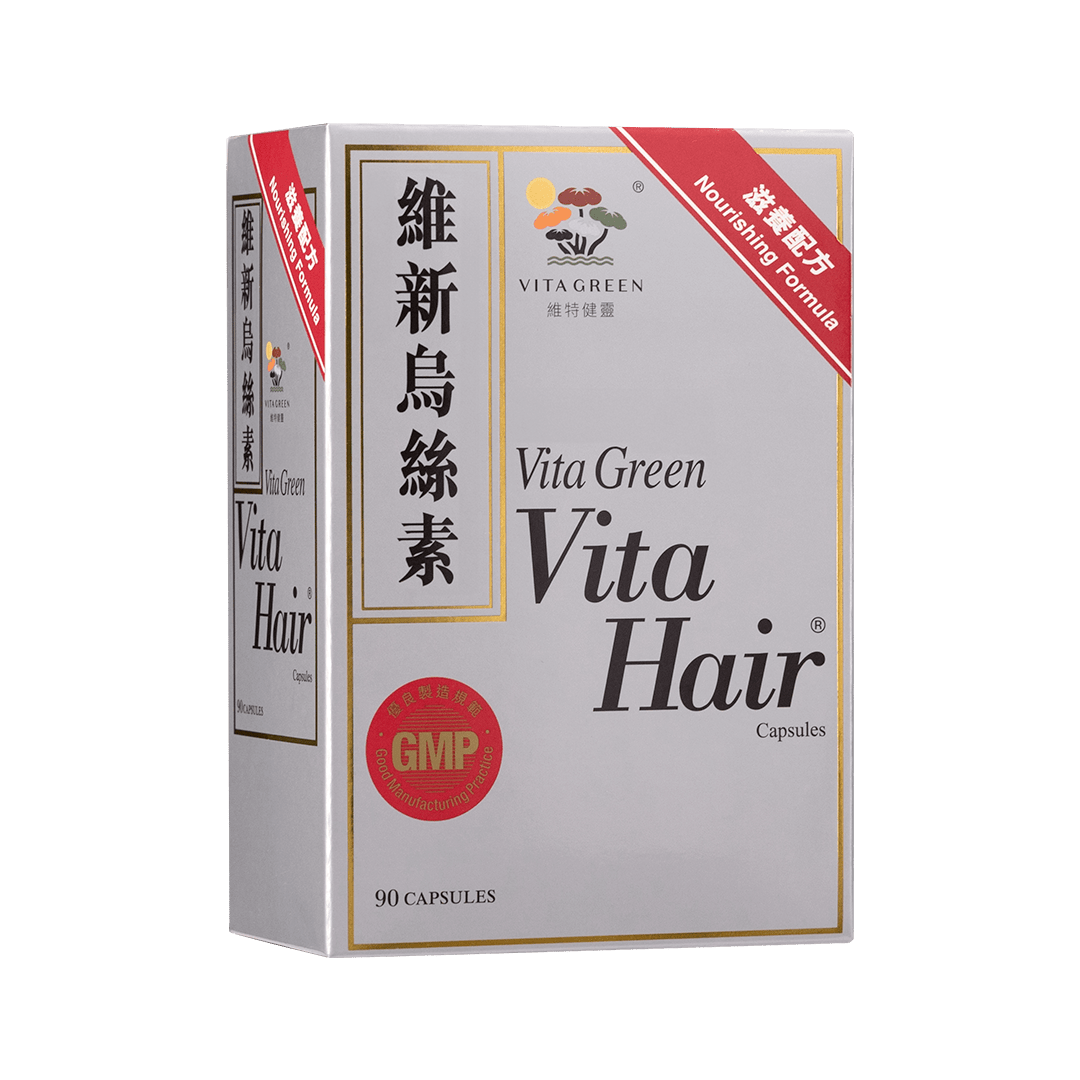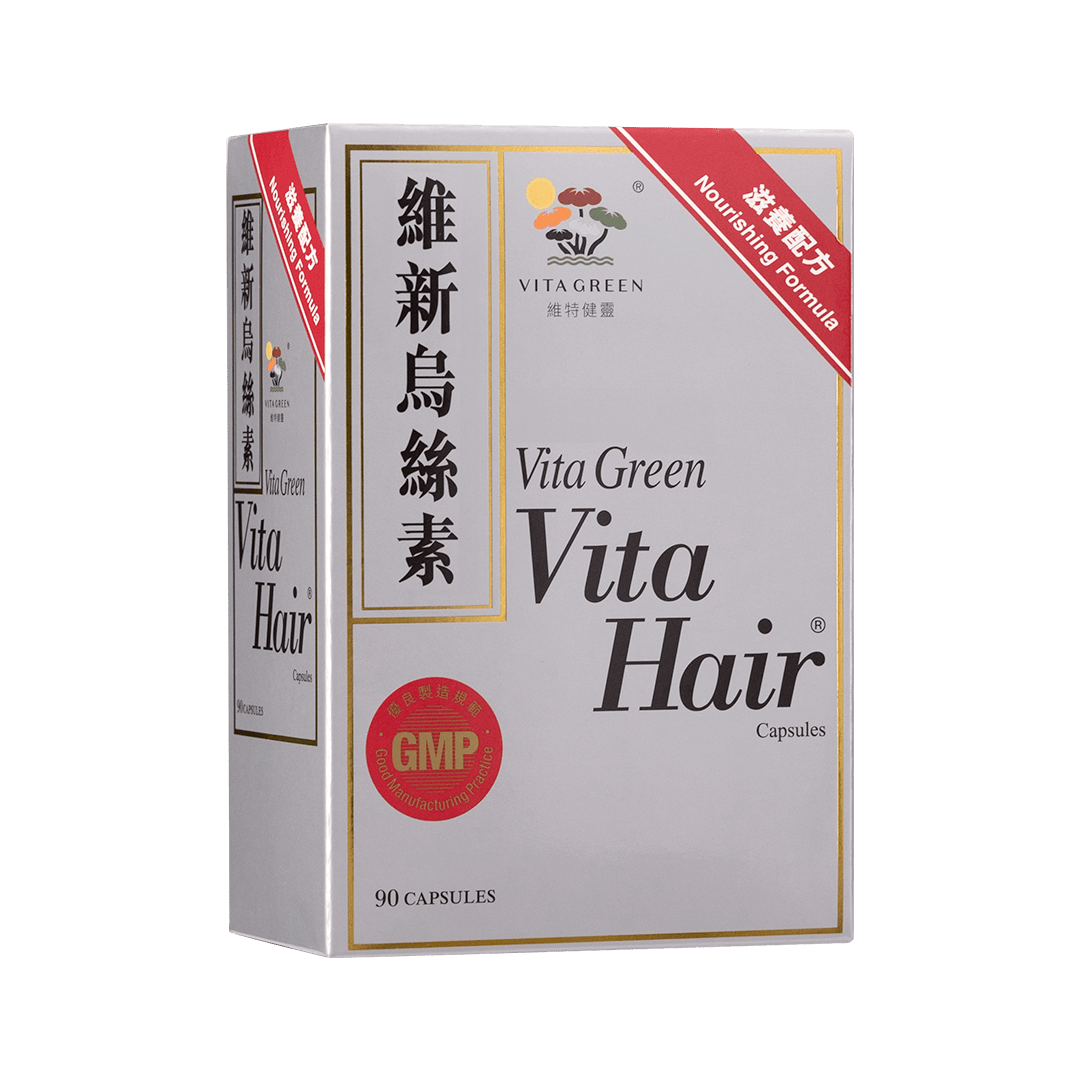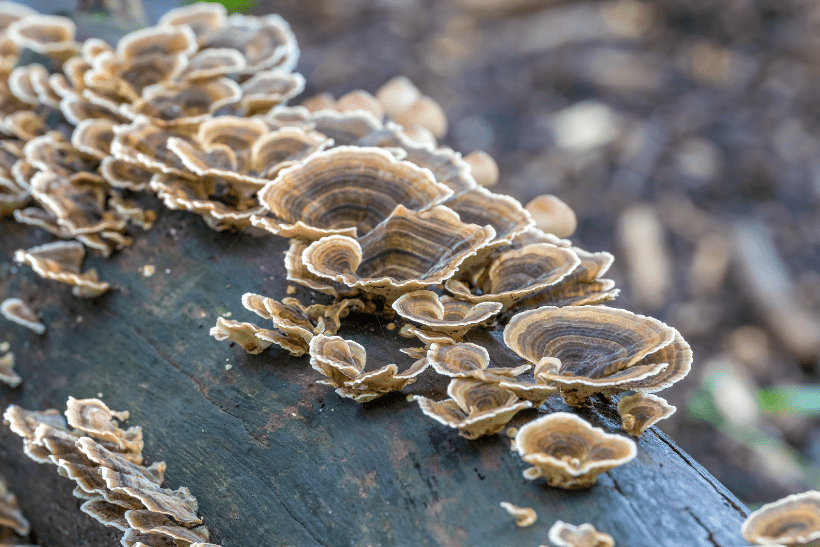As we age, our bodies undergo a range of changes that can impact our health and well-being. From declining energy levels to increased risk of chronic diseases, aging can take a toll on our bodies in many ways. But what if there was a way to slow down the aging process and improve our overall health and vitality? Recent research has shed light on a potential solution: NMN.
NMN, or nicotinamide mononucleotide, is a naturally occurring compound that has been the subject of increasing scientific interest in recent years due to its potential health benefits. From improved cardiovascular health to increased energy levels and better cog nitive function, the potential benefits of NMN supplementation are wide-ranging and exciting. In this blog, we'll explore the science behind NMN and dive into what makes it such a promising anti-aging supplement.
What is NMN?
NMN is a precursor to NAD+ (nicotinamide adenine dinucleotide), which is a coenzyme that plays a key role in cellular energy production and DNA repair. NAD+ levels decline as we age, which can impact our overall health and increase our risk of age-re lated diseases. NMN supplements are marketed as a way to increase NAD+ levels in the body, which can potentially have a range of health benefits.

Where does NMN come from?
NMN is a naturally occurring compound found in small amounts in some natural food's sources such as fruits, vegetables and beef:
1. Broccoli : Broccoli is a cruciferous vegetable that is high in NMN, as well as other beneficial compounds like vitamins and fiber.
2. Avocado : Avocado is a nutrient-dense fruit that is also a good source of NMN

3. Edamame : Edamame, or soybeans, are a good source of plant-based protein and also contain NMN.
4. Cabbage : Cabbage is another cruciferous vegetable that is high in NMN and other beneficial compounds.
5. Tomato : Tomatoes are a good source of NMN and other nutrients like lycopene and vitamin C.


It's important to note that while these foods do contain NMN, the amounts are relatively small and may not be enough to provide significant health benefits. NMN supplements have gained popularity as a way to increase NMN levels in the body, but it's import ant to speak with a healthcare professional or registered dietitian before starting any new supplement regimen.
What are some potential benefits of NMN?
While more research is needed to fully understand the potential benefits and risks of NMN (nicotinamide mononucleotide) supplementation, some people may choose to take it for the following reasons:
Improved cardiovascular health
NMN has been shown to improve blood vessel function and reduce arterial stiffness in animal studies, which could potentially have benefits for cardiovascular health in humans. Arterial stiffness is a risk factor for cardiovascular disease, so reducing stiffness could d help to reduce the risk of conditions like heart attack and stroke. A study published in the journal Nature Communications found that NMN supplementation improved blood vessel function and reduced arterial stiffness in mice. (Yamamoto et al., 2014)

Increased energy levels
NAD+ is involved in cellular energy production, and increasing NAD+ levels through NMN supplementation may lead to increased energy levels and improved physical performance. This could be particularly helpful for athletes or people who are looking to im prove their fitness levels. A study published in the journal Cell Metabolism found that NMN supplementation increased NAD+ levels and improved physical performance in mice. (Mills et al., 2016)
Better cognitive function
NAD+ levels decline with age, and this decline has been associated with cognitive decline. NMN supplementation has been shown to improve cognitive function in animal studies and may have similar benefits for humans. This could potentially help to reduce the risk of age-related cognitive decline and dementia. A study published in the journal Cell Reports found that NMN supplementation improved cognitive function in the aged)
Improved insulin sensitivity
NMN has been shown to improve insulin sensitivity in animal studies, which could make it a promising supplement for those with type 2 diabetes. Insulin sensitivity is important for maintaining healthy blood sugar levels and improving it could help to reduce the risk of diabetes-related complications A study published in the journal Cell Reports found that NMN supplementation improved insulin sensitivity and glucose tolerance in mice. (Yoshino et al., 2011)

Potential anti-aging effects
Increasing NAD+ levels through NMN supplementation has been associated with a range of potential anti-aging effects, including improved mitochondrial function, reduced inflammation, and improved DNA repair. These effects could potentially help to slow down the aging process and reduce the risk of age- related disease A review published in the journal Cell Metabolism discusses the potential anti-aging effects of increasing NAD+ levels through NMN supplementation. (Imai and Guarente, 2016)
Improve immune function
NMN has been shown to improve immune function in animal studies, which could potentially have benefits for human health. Improving immune function could help to reduce the risk of infections and other immune-related conditions. A study published in the Journal Cell Reports found that NMN supplementation improved immune function in mice. (Nakahata et al., 2019)

Reduced inflammation
NAD+ plays a role in regulating inflammation, and increasing NAD+ levels through NMN supplementation may help to reduce chronic inflammation. Chronic inflammation is a risk factor for a range of health conditions, including heart disease and cancer. A study published in the journal Nature found that increasing NAD+ levels through NMN supplementation reduced inflammation in mice. (Minhas et al., 2019)
Improve skin health
NAD+ is involved in DNA repair and cellular metabolism, and increasing NAD+ levels through NMN supplementation may help to improve skin health and reduce the signs of aging. A study published in the journal Nature Communications found that increasing NAD+ levels Through NMN supplementation improved skin health in mice. (Gomes et al., 2019)

In conclusion, NMN (nicotinamide mononucleotide) is a molecule that is naturally produced by the body and is involved in various metabolic processes. It is a precursor to NAD+ (nicotinamide adenine dinucleotide), which is an important coenzyme in cellular metabolism sm. Research on NMN is still in its early stages, but there is growing evidence to suggest that it may have several potential health benefits, including anti-aging effects, improved cardiovascular health, increased endurance and energy, improved cognitive function, anti -inflammatory effects, improved insulin sensitivity , and many more. However, more studies are needed to fully understand its potential benefits and possible side effects. It's always a good idea to consult with a healthcare professional before starting any new supplement regime.
References:
- Gomes, AP, Price, NL, Ling, AJ, Moslehi, JJ, Montgomery, MK, Rajman, L., ... & Sinclair, DA (2013). Declining NAD+ induces a pseudohypoxic state disrupting nuclear-mitochondrial communication during aging. Cell, 155(7), 1624-1638.
- Mills, KF, Yoshida, S., Stein, LR, Grozio, A., Kubota, S., Sasaki, Y., ... & Yoshino, J. (2016). Long-term administration of nicotinamide mononucleotide mitigates age- Associated physiological decline in mice. Cell metabolism, 24(6), 795-806.
- Minhas, PS, Liu, L., Moon, PK, Joshi, AU, Dove, C., Mhatre, S., ... & Mochly-Rosen, D. (2019). Macrophage de novo NAD+ synthesis specifies immune function in aging and inflammation. Nature, 571(7765), 528-532.
- Nakahata, Y., Sahar, S., Astarita, G., Kaluzova, M., Sassone-Corsi, P. (2019). Circadian control of the NAD+ salt pathway by CLOCK-SIRT1. Science, 324(5927), 654 -657.
- Imai, SI, & Guarente, L. (2016). NAD+ and sirtuins in aging and disease. Trends in cell biology, 26(8), 1-12.
- Tarantini, S., Valcarcel-Ares, MN, Toth, P., Yabluchanskiy, A., Tucsek, Z., Kiss, T., ... & Csiszar, A. (2019). Nicotinamide mononucleotide (NMN) supplementation rescues cerebromicrovascular endothelial function and neurovascular coupling responses and improves cognitive function in aged mice. Redox biology, 24, 101192.
- Yamamoto, T., Byun, J., Zhai, P., Ikeda, H., Oka, S., & Sadoshima, J. (2014). Nicotinamide mononucleotide, an intermediate of NAD+ synthesis, protects the heart from ischemia and reperfusion . PloS one, 9(6), e98972.
- Yoshino, J., Mills, KF, Yoon, MJ, & Imai, S. (2011). Nicotinamide mononucleotide, a key NAD+ intermediate, treats the pathophysiology of diet-and age-induced diabetes in mice. Cell metabolism, 14(4 ), 528-536







